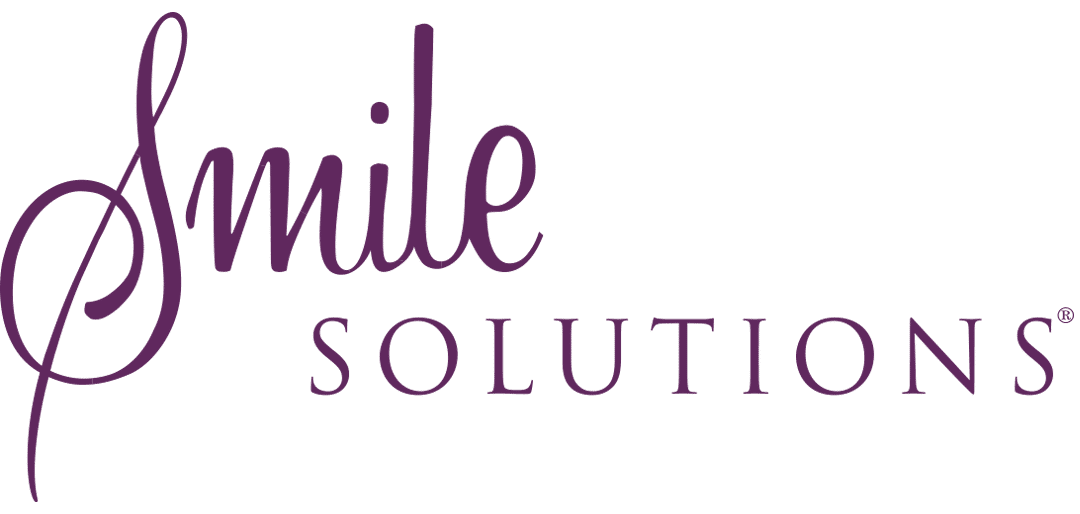
Dental Health Week is upon us once again and this year the Australian Dental Association is saying Watch Your Mouth: Not just your teeth. Not just your gums. Your whole mouth.
Here at Smile Solutions, we know you’ve heard it all before – brush and floss regularly, eat less sugar, and visit your dentist more than once a decade. So, for 2018, we are providing some of the lesser known facts that may motivate you to take even better care of an area of the body that is often underprioritised: your mouth.
Tongue cleaning
Each day, you busily brush your pearly whites to keep them bright and floss between them to keep your dentist off your back, but the area of the mouth that is often overlooked is the tongue.
Did you know that the tongue contains 70% of the mouth’s bacteria? It accumulates a coating each time something is introduced into the mouth and it can even temporarily discolour as a result. The bacteria that gather on your tongue increase the risk of harm to the teeth and can even cause bad breath (halitosis). Every time you brush your teeth, we recommend you also gently brush the top surface of your tongue. Ensuring you don’t apply much pressure, brushing with a soft electric or manual toothbrush will help reduce bad bacteria and promote a healthy mouth, teeth and breath.
Flossing around obstacles
Did you know that tooth-brushing only reaches 65% of the tooth surface? That means failing to floss neglects 35% of the surface of each tooth. Now, we know that flossing isn’t everyone’s favourite thing to do each night; so, imagine the deterrent fixed retainers and orthodontic treatment can be. Let us make flossing a little simpler for those with and without dental flossing obstacles. Here are our tips for you:
- We suggest using Flossettes™ or flossers (small slingshot-shaped floss instruments that have a plastic handle for ease of use) to make flossing a little simpler
- To adequately clean between wider gaps or to access difficult to reach areas, try Pikster™ interdental brushes. These multi-use brushes come in a number of sizes for a number of uses
- To clean around orthodontic braces or fixed retainers, try to get your hands on Superfloss™, a packet of individual pieces of floss made up of three types of string all in one, allowing you to weave in-between obstacles and clean all the tight and wide areas all at once
- Add a little fun to your routine by flossing in front of the TV, your laptop or a book propped up on your knees
- Make a habit of it and flossing will become second nature like your brushing routine
Dummies, pacifiers and thumb-sucking
Dummies (or pacifiers) and thumb-sucking in infants and young toddlers can often be a sign of the sucking reflex as well as a great and effective comforter. However, continued
use of dummies and thumb-sucking can actually hinder the development of the child’s teeth and mouth. Due to the prolonged position of the dummy or thumb in the mouth, long-term effects may include incorrect positioning of the teeth, speech and language issues, mouth-breathing, and tooth decay if dummies are dipped in sugary liquids. It best to discontinue the use of dummies before your child is two years of age.
If you have concerns about your child’s habits, speak to your dentist or GP for more advice.
The effects of tongue and lip piercings
While piercings and body modification jewellery come in and out of trend, one thing remains the same: the risk of harm to your mouth and teeth.
Lip and tongue piercings regularly come in contact with our teeth and gums and, through movement, can damage and erode the enamel (the hard, white tooth coating) and can cause gum and soft tissue injury.
Long-term effects on gums can be so severe that the gum tissue will recede (or shrink away from the tooth), exposing the root and causing sensitivity, exposing it to bacteria and causing decay if untreated.
If you wish to keep such accessories, we suggest you remove them during times of increased risk of damage: while eating, sleeping, brushing, or undertaking strenuous activity. For assessment and further advice, chat to your general dentist today.
Cigarettes smoking and dental health
Many of us know that smoking poses serious health risks including oral and lung cancers, but there are a number of lesser known effects cigarettes, tobacco pipes and cigars have on our mouth and teeth. Smoking begins at the lips, leading to permanent wrinkles around the mouth as the lips frequently close around the smoking instrument. The smoke is then drawn into the oral cavity (your mouth) and will stain the teeth and discolour the gums and tongue.
Did you know that tobacco, and the thousands of toxins it carries, restrict blood flow to the mouth by affecting our epithelial cells that line our blood vessels? This means that ulcers, cuts or injuries to the mouth will take longer than normal to heal as all of the good healing cells struggle to reach their destination. This means the healing of any dental procedure involving the gums or tissue of the mouth will be delayed also.
Smoking can even cause loss of teeth. Do you know why? Because tobacco affects your immune system’s response to bacteria in the mouth, significantly increasing the risk of acquiring gum disease from present bacteria. Gum disease, if left untreated, causes bone loss around teeth, leaving them loose in their sockets.
Looking after your tastebuds
Did you know that there are up to 5000 taste buds in the adult mouth? These work with our sense of smell, as well as our texture and temperature senses to help us enjoy food as well as distinguish between what is healthy and what is harmful. As we reach middle age, our taste perception begins to fade due to loss of papillae on our tongue, which house hundreds of our taste-buds.
But imagine you are already unknowingly dulling your healthy buds! To keep your taste receptors in tip top shape, we suggest you:
- Avoid smoking
- Keep your tongue nice and clean
- Avoid over-consumption of spicy foods
For more tips and tricks, ask your dentist to impress you at your next routine check-up. Contact Smile Solutions today!
